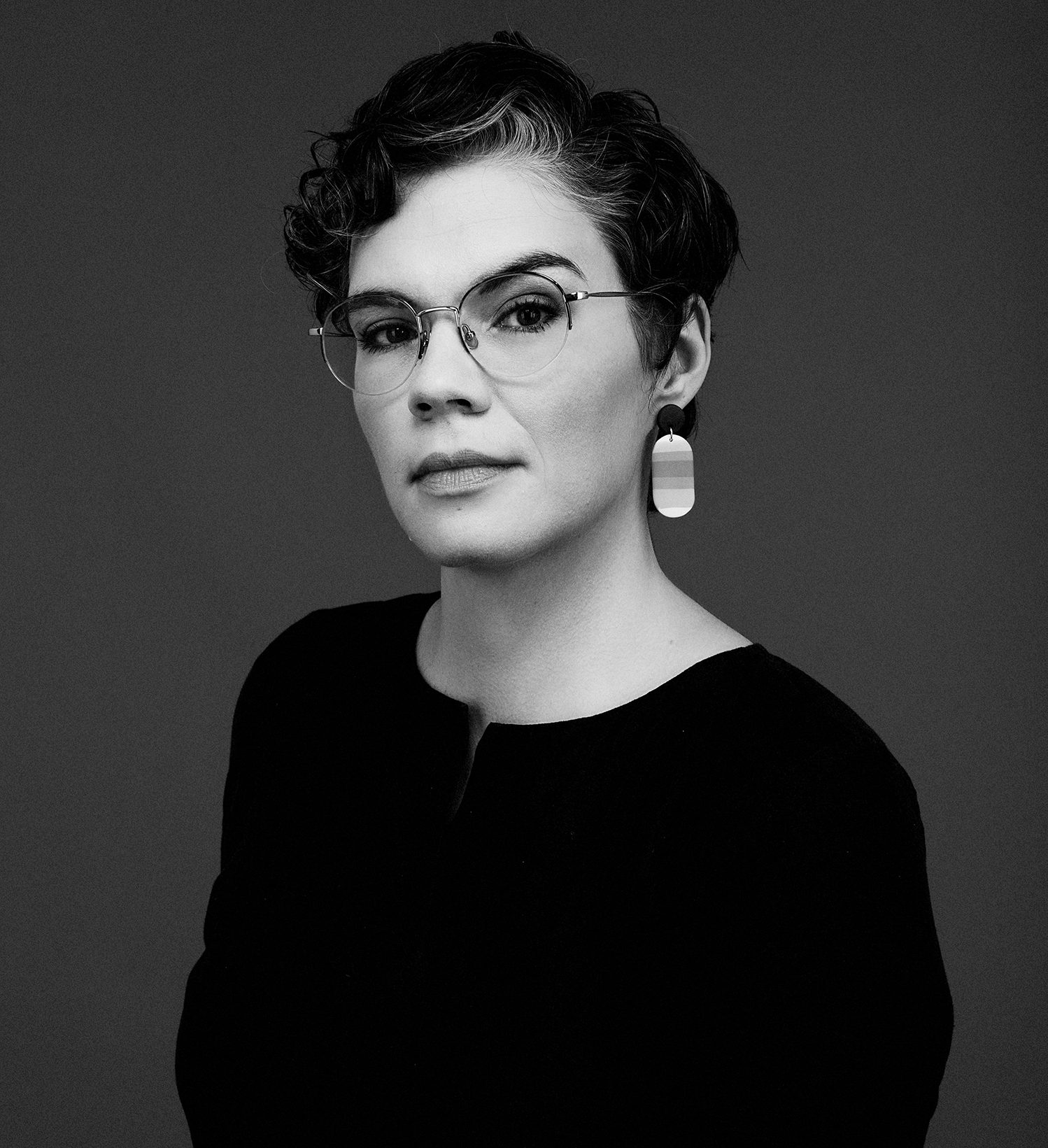Age: 39
Job Title: Professor, Computing Science and Psychology, University of Alberta
After being abroad for 11 years, including time spent working for Google in Pittsburgh, Alona Fyshe was happy to come back home.
She was drawn back to Edmonton when it was identified as one of the three AI centres of excellence in Canada.
Fyshe’s goal is to improve computers’ abilities to interpret the world the way humans do — by using brain-imaging data to inform the computer model, and applying AI to study how people understand language. While computers have no idea how the brain represents information, they can mimic the visual response of monkey and human brains to recognize objects — and, as a result, make fewer mistakes. But you can’t blindly train the AI with just any data found online — you have to be intentional to avoid human bias.
“The use of AI has the potential to draw us together and help create community, but it also has the ability to exaggerate inequalities,” says Fyshe. “Anybody who’s been on the internet knows that it can be rife with racism, sexism and homophobia… if you train a model incorporating that sort of text, it can have those biases.”
Now, Fyshe can finally start including the much-needed conversations about ethics into her upcoming classes on computer science at the University of Alberta.
And her classroom isn’t the only place where she strives to uplift future generations. Over the years, she has participated in numerous conferences dedicated to empowering women to pursue careers in technology.
“As an undergrad, I was never taught about AI by a female,” says Fyshe. “I hope that seeing women exist in this world and succeed, will help girls to see that it’s a possibility.”
This article appears in the November 2020 issue of Edify
